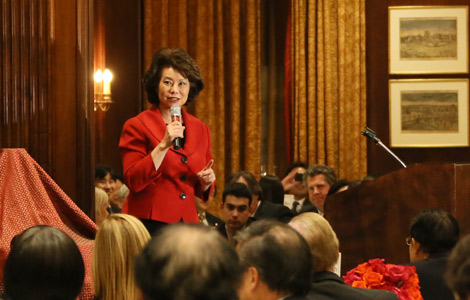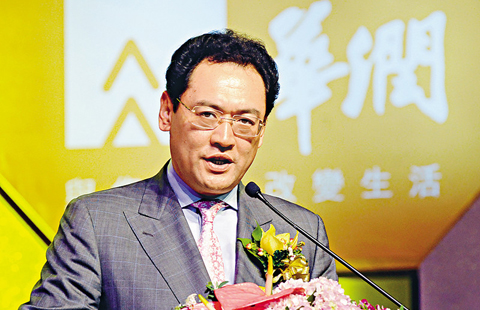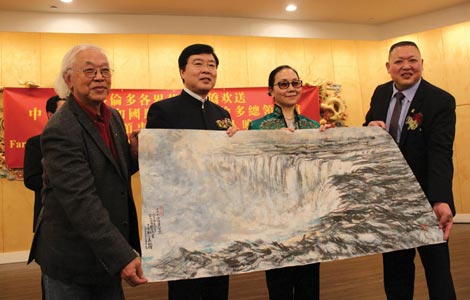Writers tackle role of environment in literature
Updated: 2014-12-27 00:21
By Li Na in Toronto(China Daily Canada)
|
||||||||
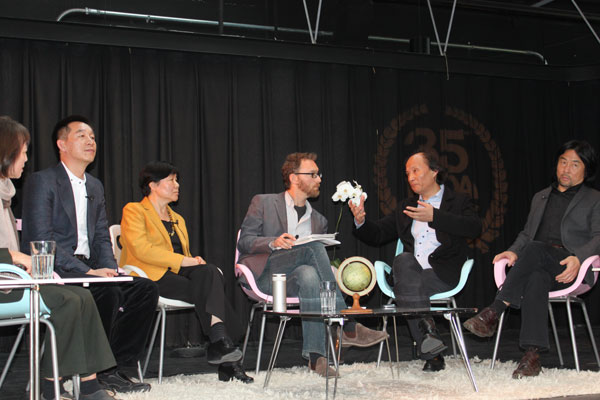 |
|
Chinese literary critic Shi Zhanjun, second from left; Li Yan, the director of the Confucius Institute at the University of Waterloo; moderator Jonathan Campbell; literature editor Jin Yucheng and Tibetan writer Tashi Dawa during the talk Found in Translation co-organized by the International Festival of Authors at the Harbourfront Centre on Oct 25 in Toronto. LI NA / CHINA DAILY |
The challenges of translating literary works, and the role of the environment in literature got Chinese and Canadian writers talking at two panel discussions.
The University of Waterloo Confucius Institute (CI) co-organized the first China Forum at the 35th International Festival of Authors at the Harbourfront Centre in Waterloo and Toronto Oct 25-26.
In Found in Translation, the group discussed issues that arise when translations are misinterpreted.
"When you read a novel translated from another language, the sense of the language is different; we only get the basic idea of the story, while the lasting appeal and feeling of the language has declined," said Jin Yucheng, deputy editor of Shanghai Literature.
Tashi Dawa, chairman of the Tibetan Writers Association, said: "I feel very strange when I read my works translated into other language."
"My experience is that I will not put my works to others' hands, as I don't know how the translator will deal with my works," said Li Yan, a bilingual novelist who personally translated her first English novel into Chinese.
"I realize the way the language is constructed is different, and maybe that will lead to different understanding," said audience member David Weinberg. "On the other hand, it really depends on your experiences. Thus, you can get different ideas of the language.
"The language can be translated, while the experiences of life cannot be translated," he said. "What made it difficult to understand is not language; it is the cultural difference. The similar problem exists among any other languages."
A concern raised by the Chinese writers is that with globalization, some Chinese authors try to write in an international style, influenced by English phrases and expressions.
Although that approach may be easier for international communication, it can diminish the distinct cultural features of the original language.
More than 2,000 foreign works will be translated into Chinese every year, said Shi Zhanjun, editor in chief of Pathlight, an English-language literary magazine produced by the People's Literature Magazine in China.
The publication aims to introduce the best new writing and poetry from China to foreigners. Shi said that not many Chinese authors are known outside of their home country.
Many of the Canadian writers and scholars were curious about freedom of expression in China because they have often heard that there is no freedom of speech and writing there.
"Canadian friends can take a look at the works written by Mo Yan, the Nobel Prize-winner," said Dawa. "There are actually so many critics of Chinese society in all of his works."
"We should try to avoid distrust based on misunderstanding, and bring a peaceful environment for everyone who lives in the same globe," said Li Yan, CI director at the University of Waterloo. "The more you know each other, the better you understand each other."
"All of us share a common environment on the planet, yet as individuals we create, shape and experience our own unique environments," said Li, when she spoke at A Sino-Canada Literary Forum: Literature and Our Environment.
"We have seen literary criticism delve into the ways in which our environments help shape literature as well as how literature responds to a vast variety of influences from our political, cultural and natural environments," Li said.
"The environmental issue has become a major issue faced by all human races, and that is why this conference focused on the relationship between literature and environment," said Dr Darrol Bryant, distinguished professor emeritus of Renison University College.
In North America, the environmental movement can be traced back to the publication of the book Silent Spring in the late 1950s. The book dealt with the impact of chemicals on the life of birds, animals and the environment and raised awareness about the impact of human activities on the environment.
"In China, there has been a long and continuous tradition of writing and thinking on the relationship between nature and human beings," said Shi, the Pathlight editor.
"From Lao Zi and Zhuang Zi in ancient times, to the contemporary writers and even younger generations, all of them have put their deep thoughts about nature in their literary works," Shi said.
Shi said that in traditional Chinese culture, the relationship between humanity and nature is described thusly: "Human follows up the earth; the earth follows up the sky; the sky follows up the dao (objective law), and the dao follows up the nature. The ancient Chinese put themselves in a humble position in the relationship with nature and treat it with high respect."
renali@chinadailyusa.com
Most Viewed
Editor's Picks

|

|

|

|
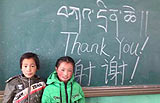
|
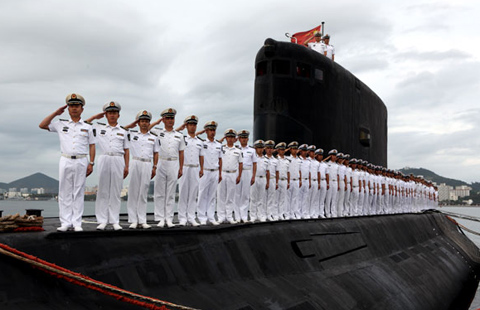
|
Today's Top News
China urged to tap Canada's talent
Research center honors late translator
Chinese dancer joins Nutcracker
Beauty firm's business not pretty in China
Reform set for GDP calculation
'Anti-graft' fight is hottest online topic
Alibaba tycoon's bodyguard: master of tai chi
Elderly prefer to stay at home
US Weekly

|

|
